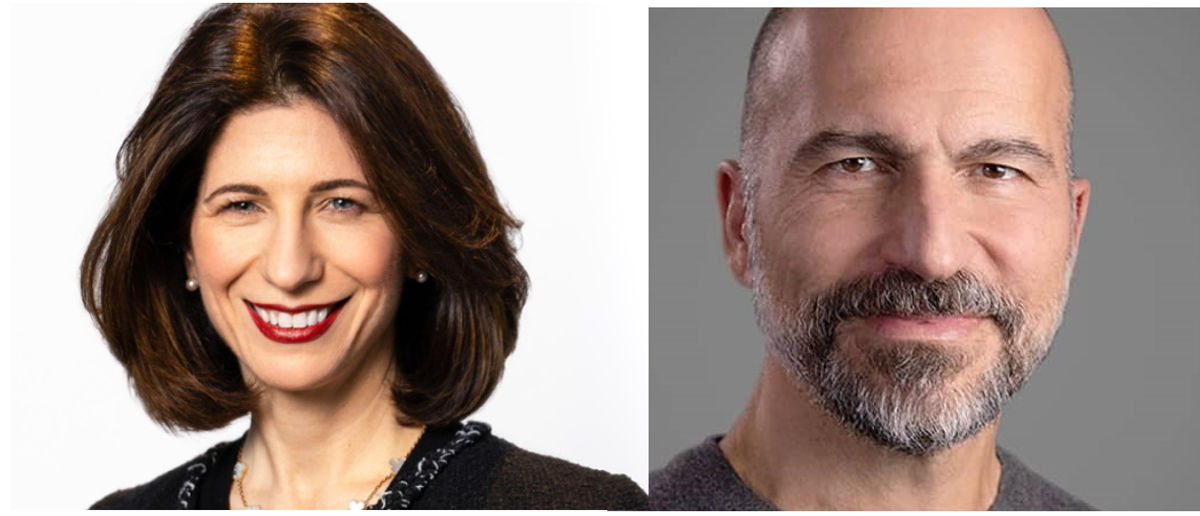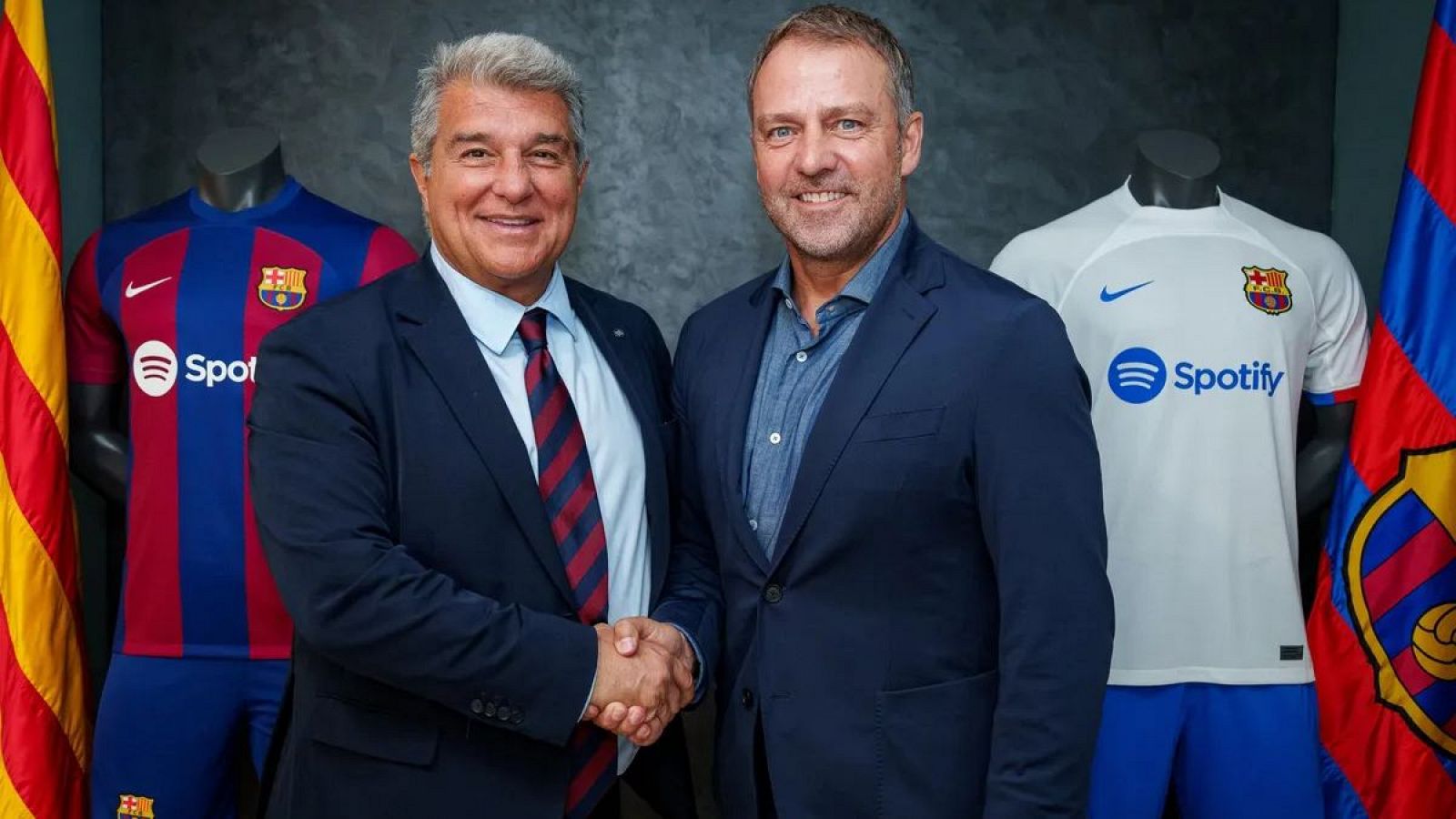Is Dara getting the band back together? I’ll let the analysts dig into the financials of this potential Uber-Expedia merger. But I’ll say this: if my company’s stock multiple was higher than Nvidia’s and Tesla’s, and I could increase my EBITDA 60% in exchange for a 15% dilute, I’d use that stock like a billionaire with a black card buying up Twitter.
What intrigues me here isn’t just the financial upside; it’s the potential for a fundamental shift in product innovation that could change how we travel and interact with services.
The buzzword “super app” might sound trendy, but the real value of this merger lies in combining Uber’s high-frequency, low-cost engagement with Expedia’s low-frequency, high-value transactions. Then, layer in artificial intelligence across a massive, combined customer base, and you’ve got a recipe for a powerful, disruptive platform.
Here are four reasons why an Uber + Expedia merger could be a game-changer:
The magic of high-frequency touch – Uber has it, Expedia wants it
The Achilles’ heel of online travel agencies (OTAs) like Expedia is that people don’t book vacations every day. If they’re lucky, they do it three times a year. So what’s Expedia doing in those dry spells between trips? Burning $7 billion a year to stay top of mind, with $2 billion funneled straight into Google’s toll booth.
Meanwhile, Uber is already embedded in daily life—rides, food delivery, packages, whatever. Need a lift? Uber. Craving tacos? Uber. No need to spend billions reminding you it exists.
Dara Khosrowshahi saw this issue firsthand when he was running Expedia. In 2017, he acquired my company, SilverRail, because he understood the power of high-frequency engagement.
We operated in rail, with 5-8x the purchase frequency of OTAs. Dara knew that if you can integrate into people’s daily routines, you don’t need to spend a fortune to keep their attention.
Subscribe to our newsletter below
The synergies here are clear. Imagine booking your vacation on Expedia, and just before you check out up pops a little box: “Need an Uber to pick you up when you land?” You bet. I’m in. And Uber’s now closed the door on me getting into a competitor’s car when I land. Everyone wins.
The first real travel super app – because why use 8 apps when one will do?
Travel logistics are a nightmare. I live in London and when I go to Paris, it takes eight app interactions across five different platforms just to get there. Here’s my typical lineup:
- Where’s my meeting? (Google Maps)
- Train ticket? (Eurostar app)
- How do I get to St. Pancras station in the morning? (Citymapper)
- Need a car at 8 a.m.? (Uber)
- Flashing my train ticket at the gate (Eurostar)
- Arrive in Paris – how do I get to my meeting? (Citymapper)
- Another car to the meeting (Lyft?)
- Staying the night? (Expedia)
You’ve got a noon meeting in Paris? Easy. Book your ticket through Uber, and the app handles the rest. Uber picks you up at 8 a.m., takes you to the station, and when you get off the train in Paris, your next ride is waiting. And while you’re at it, why not book a hotel or a VRBO through the same interface? One app, one seamless trip, zero headaches. That’s what I call a super app, and if Uber pulls it off, they’ve got my loyalty for life.
The potential here isn’t just hypothetical. Southeast Asia’s Grab and China’s Meituan have already shown how valuable a super app can be, handling everything from rides to food delivery to financial services. If Uber combines forces with Expedia, they could replicate that success on a global scale.
The real jackpot? A.I. and data, baby
The real goldmine in an Uber + Expedia merger isn’t just the combined services; it’s the potential to leverage artificial intelligence across Uber’s 150 million high-frequency users and Expedia’s 50 million big-ticket travelers.
Data is the new oil, and both companies have barrels of it. Uber has data on your daily rides, food deliveries and package routes. Expedia has insights into your vacation preferences, hotel bookings and more.
Now combine those datasets, throw in some machine learning, and you’ve got the ultimate travel app. It would know your habits, anticipate your needs and be there to help, whether it’s a daily commute or a dream vacation. And it’s not just a good app; it’s a travel powerhouse.
Think about it. Uber could know when you’re flying to New York for a business meeting, suggest the best hotels nearby, recommend a new lunch spot, and have a car waiting for you at every turn. That’s not just a service; it’s a personal assistant.
4. Dara and Ariane – The new Avengers
Here’s the secret ingredient: Dara and Ariane. These two aren’t just experienced execs—they’re the real deal with a long-standing relationship.
I’ve known Dara forever. He backed my first travel tech startup 23 years ago, so I’ve seen his strategic mind up close. And I’ve known Ariane since 2017, when Dara acquired SilverRail. In 2020, I even advised Barry Diller to appoint her CEO of Expedia (he didn’t listen then, but eventually saw the light).
She’s one of the sharpest operators in the game, and Dara is one of the best leaders and most street-smart CEOs out there. Put them together, and they’re the Avengers of the tech world.
Sure, there will be challenges. Antitrust regulators will likely raise concerns about market concentration, and the companies will need to navigate that carefully. But this isn’t about cornering a market; it’s about creating a smoother, more integrated travel experience. Adding rides to hotels? That’s not a market share grab; it’s a natural extension of services that makes life easier for customers.
The bottom line
A merger between Uber and Expedia could redefine the future of travel. Combining Uber’s high-frequency engagement with Expedia’s vacation-planning expertise, layered with powerful AI, would create a one-stop-shop for everything travel-related. It’s a bold move, and if executed right, it could change consumer behavior, disrupt competitors and build an entirely new ecosystem in the travel sector.
In the words of one famous musician, “the band’s getting back together.” And this time, it’s aiming for a global tour.
About the author…











